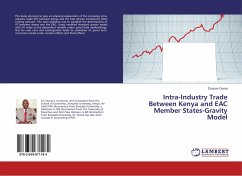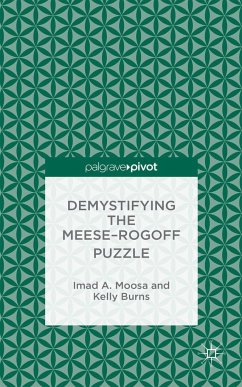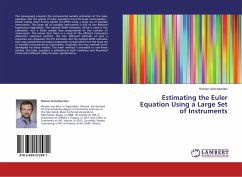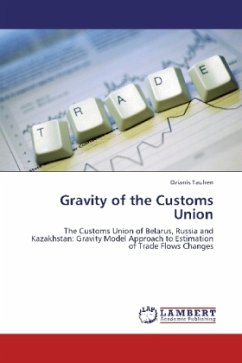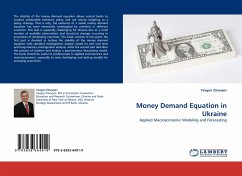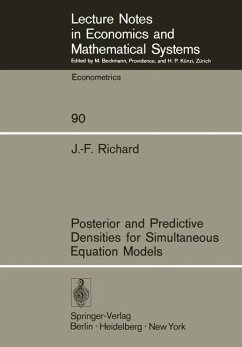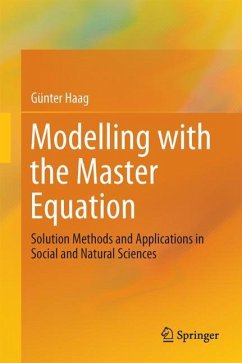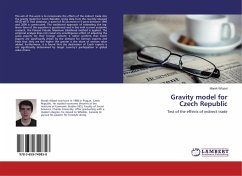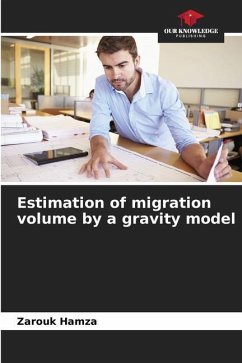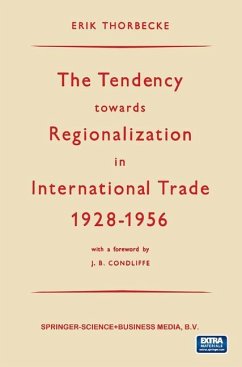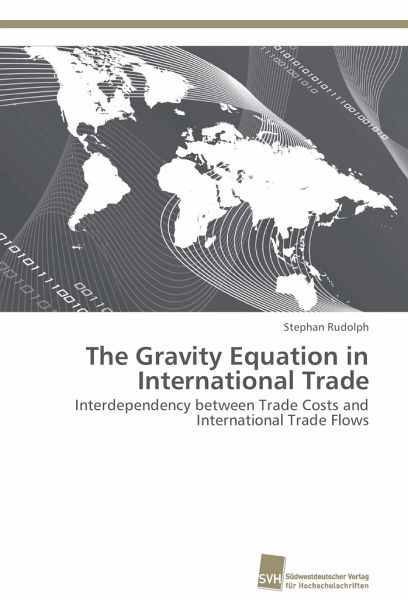
The Gravity Equation in International Trade
Interdependency between Trade Costs and International Trade Flows
Versandkostenfrei!
Versandfertig in 6-10 Tagen
46,99 €
inkl. MwSt.

PAYBACK Punkte
23 °P sammeln!
The gravity equation is probably the most important tool in international economics to explain and estimate trade flows. However, since the gravity equation is important for political decisions, it is very important to achieve reliable results from its empirical application. One important discussion addresses the implausibly high measures for the impact of trade cost proxies on exports that frequently appear, especially in older works. The aim of the study is to contribute to the discussion about the suitability of the gravity equation's empirical applications. A new theory of endogenous trade...
The gravity equation is probably the most important tool in international economics to explain and estimate trade flows. However, since the gravity equation is important for political decisions, it is very important to achieve reliable results from its empirical application. One important discussion addresses the implausibly high measures for the impact of trade cost proxies on exports that frequently appear, especially in older works. The aim of the study is to contribute to the discussion about the suitability of the gravity equation's empirical applications. A new theory of endogenous trade costs is provided which shows that iceberg trade costs are likely to depend on exports. An interaction between exports and trade costs leads to a simultaneity problem. Moreover, this theory can be confirmed after estimating the gravity equation with an alternative econometric strategy: A simultaneous equation system using a theory-based index to compensate for the directly immeasurable trade costs. The result of the simultaneity approach and the use of constructed data for bilateral and multilateral trade costs is that the estimated direct effects of variables influencing exports decrease.



